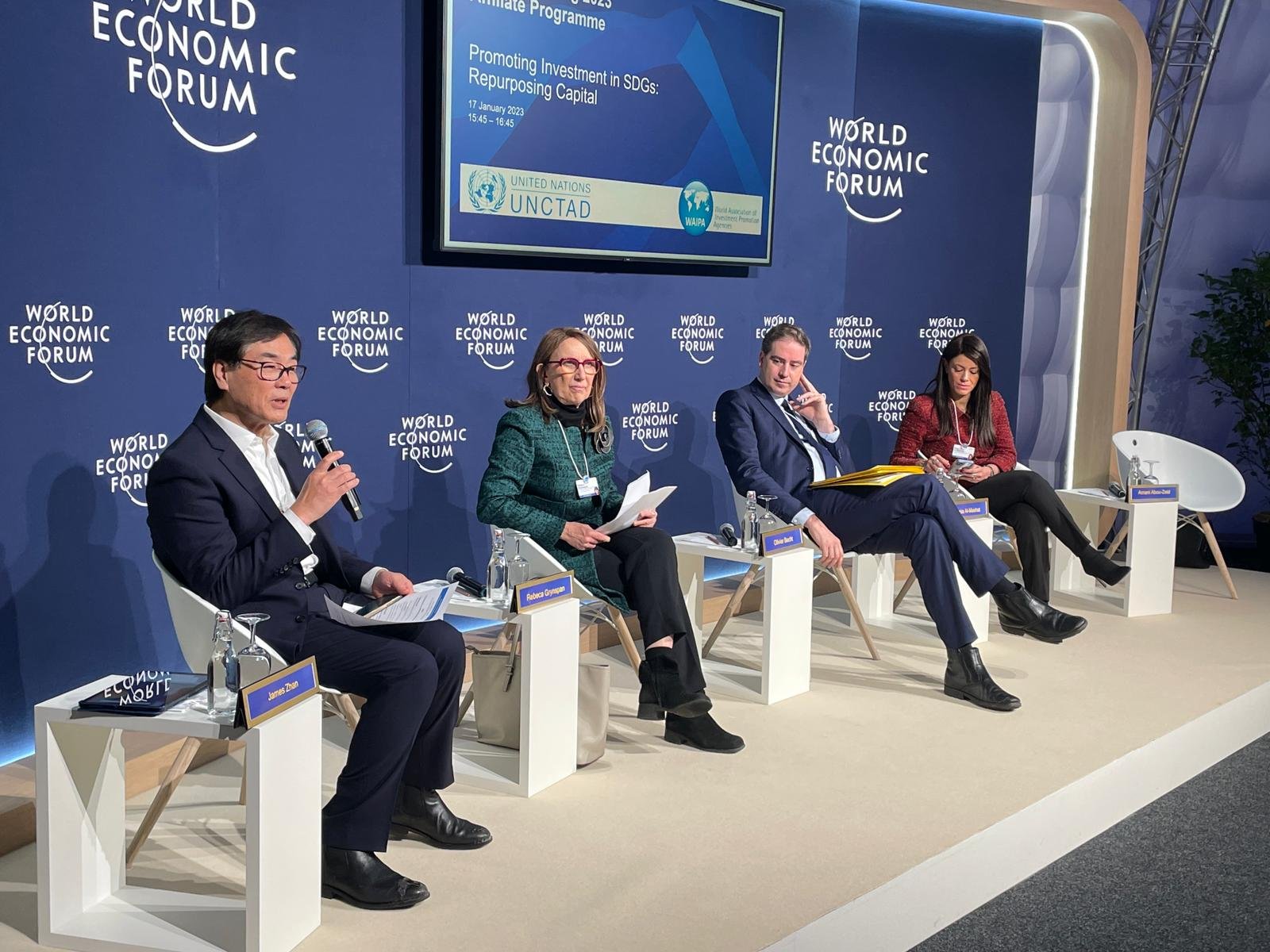
Promoting Investment in SDGs: Repurposing Capital
Affiliate Session at the World Economic Forum Annual Meeting in Davos 2023
Overview
The session focused on unlocking investment for sustainable development goals (SDGs) including through targeted projects, scaling up public-private collaboration in support of the 2030 Agenda, and especially how investment promotion authorities can better work with institutional investors to capitalize SDG-supportive projects. The session was structured in two halves – an opening session and a panel discussion – with the streaming of remarks by WIDA representatives in the run-up to the opening.
The session took place in person on 17 January 2023 from 3:45pm to 4:45pm CET. This was the second WIDA affiliate session at the World Economic Forum Annual Meeting in Davos, after its launch on 23 May 2022 (summary). Co-organized by WAIPA & UNCTAD
High-level Opening Session
The opening session was moderated by James Zhan, WIDA Chair and Director of Investment and Enterprise at UNCTAD, who welcomed participants and introduced the speakers:
Speakers highlighted the importance of not losing sight of the SDGs and of finding ways to facilitate the public and private sectors working together to help achieve the Goals. The exchange centred around unlocking investment in SDG-supportive projects, including focused on climate, and scaling up existing partnerships for public-private engagement to accelerate progress under the 2030 Agenda.
-
President Ramos-Horta mentioned the importance of the wealthiest class to be part of this effort, as well as the need for developed country partners to have a long-term approach with a view to achieving the SDGs, instead of focusing on shorter-term, geopolitical issues. The mobilization of resources for Ukraine has been impressive, based on quick decision-making by developed regions, while support for other developing countries or LDCs has not had benefited from the same speed and there is concern these economies might in some instances become of secondary importance given the crisis.
H.E. Dr. José Ramos-Horta, President of Timor-Leste
-
Secretary-General Grynspan urged the global investment community to help deliver on the SDGs by improving current investment trends, underscoring that to better implement the SDGs, more money needs to flow from developed to developing countries. To support channelling of capital, efforts are needed both at the macro level, through structural reform in the international financial system, and also at the micro level, by helping countries plan, propose and execute ‘shovel-ready’ projects that will contribute to sustainable development. She also called on multilateral development banks (MDBs) to invest at scale, across markets and projects, and highlighted the need to work hand in hand to unlock capital from the private sector to achieve the SDGs.
H.E. Ms. Rebeca Grynspan, Secretary General, UNCTAD
-
Minister Al-Mashat shared Egypt’s experience and approach, mentioning that Egypt had mapped out in detail the relationship between Official Development Assistance (ODA) and each dollar invested in the SDGs, which was done to convey and demonstrate the importance of ODA for fulfilling national goals and in so doing deliver on global goals.
H.E. Dr Rania A. Al-Mashat, Minister of International Cooperation, Egypt
-
Minister Becht mentioned that the French Government is working to mobilize and collaborate with the private sector, given that they have a crucial role to play in building a sustainable economy and society. Simultaneously, the government is aiming to incentivize investment flows for the transition to a low-carbon economy.
H.E. Mr Olivier Becht, Minister for Foreign Trade, Government of France


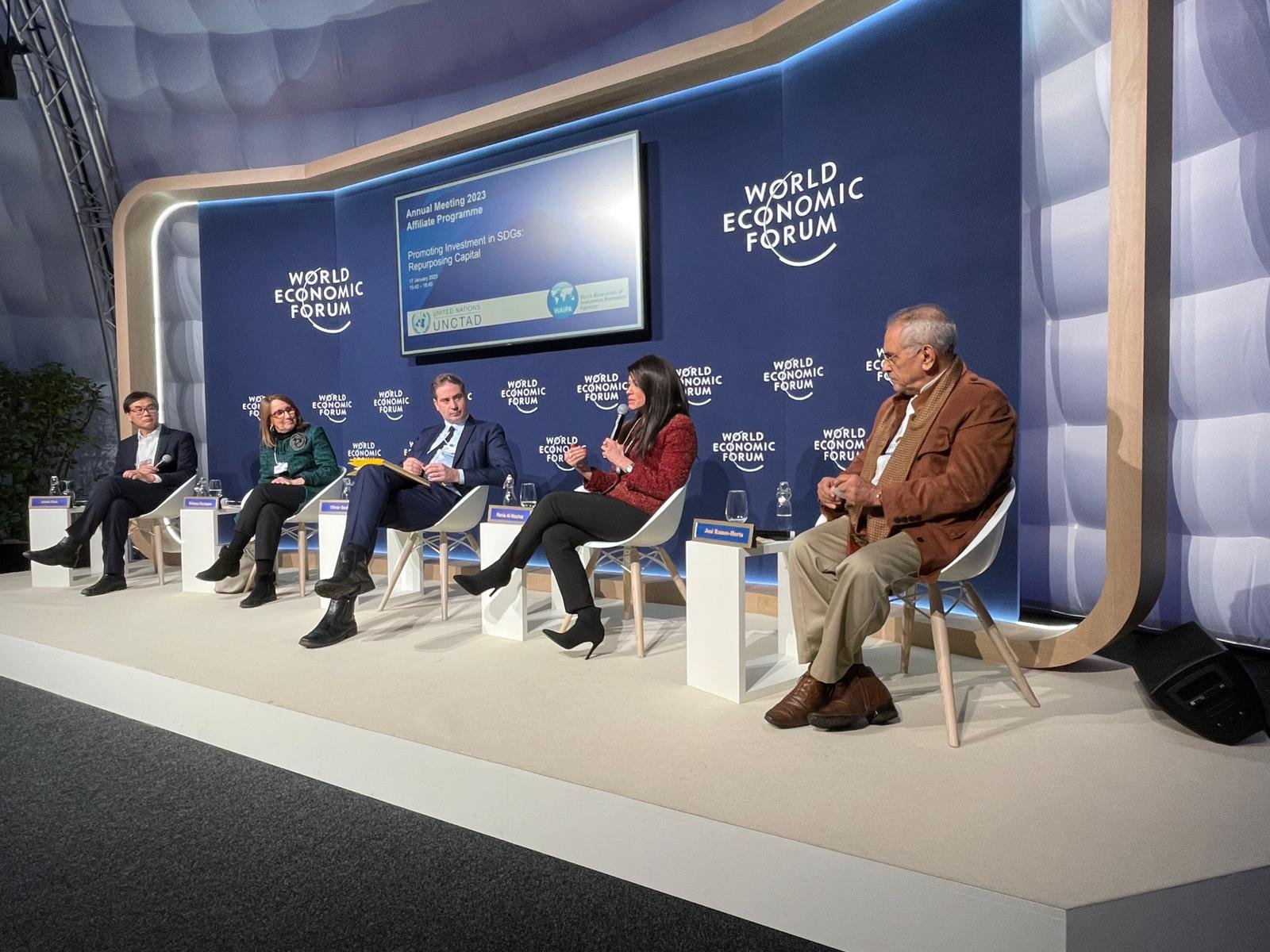

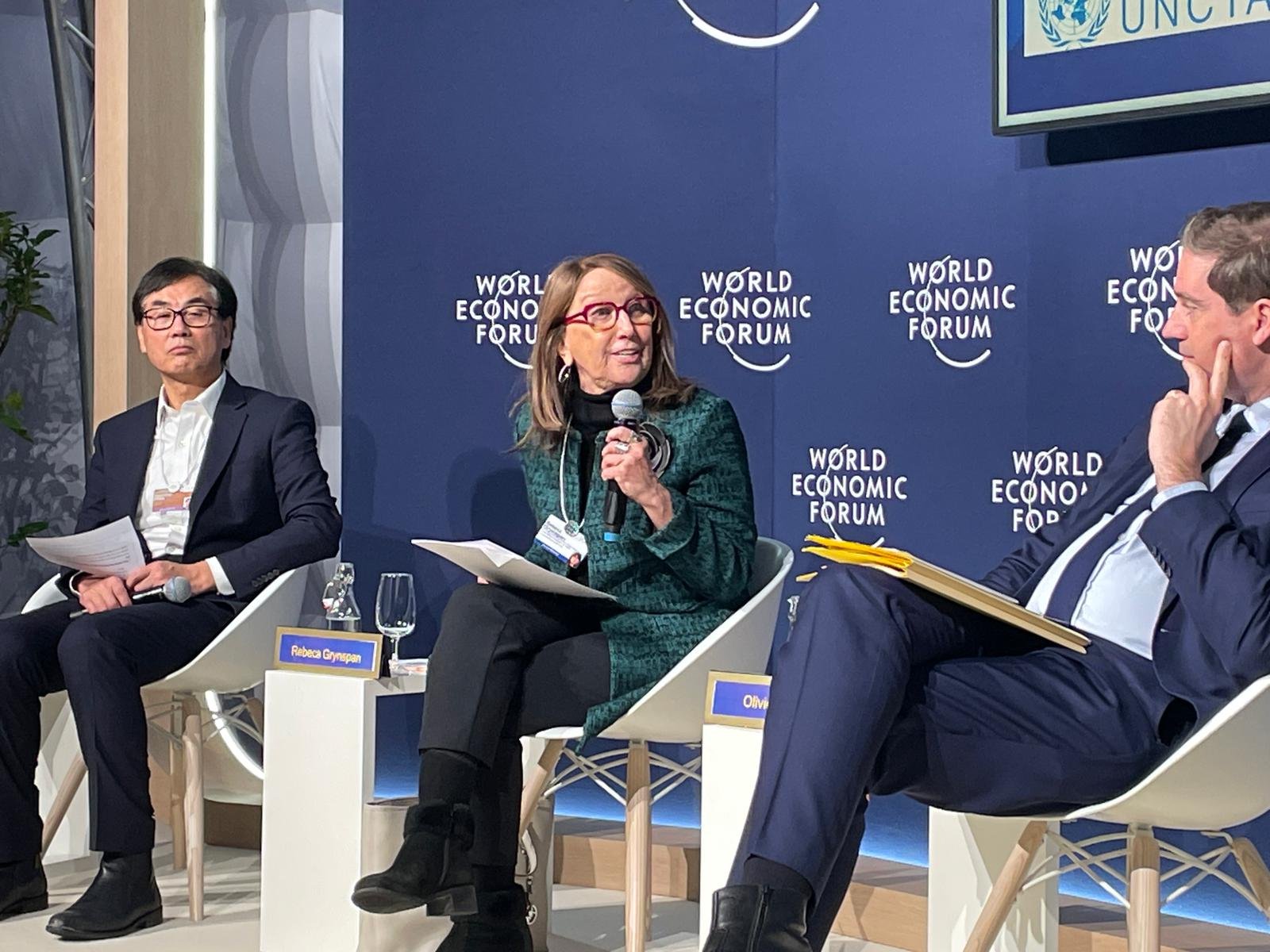
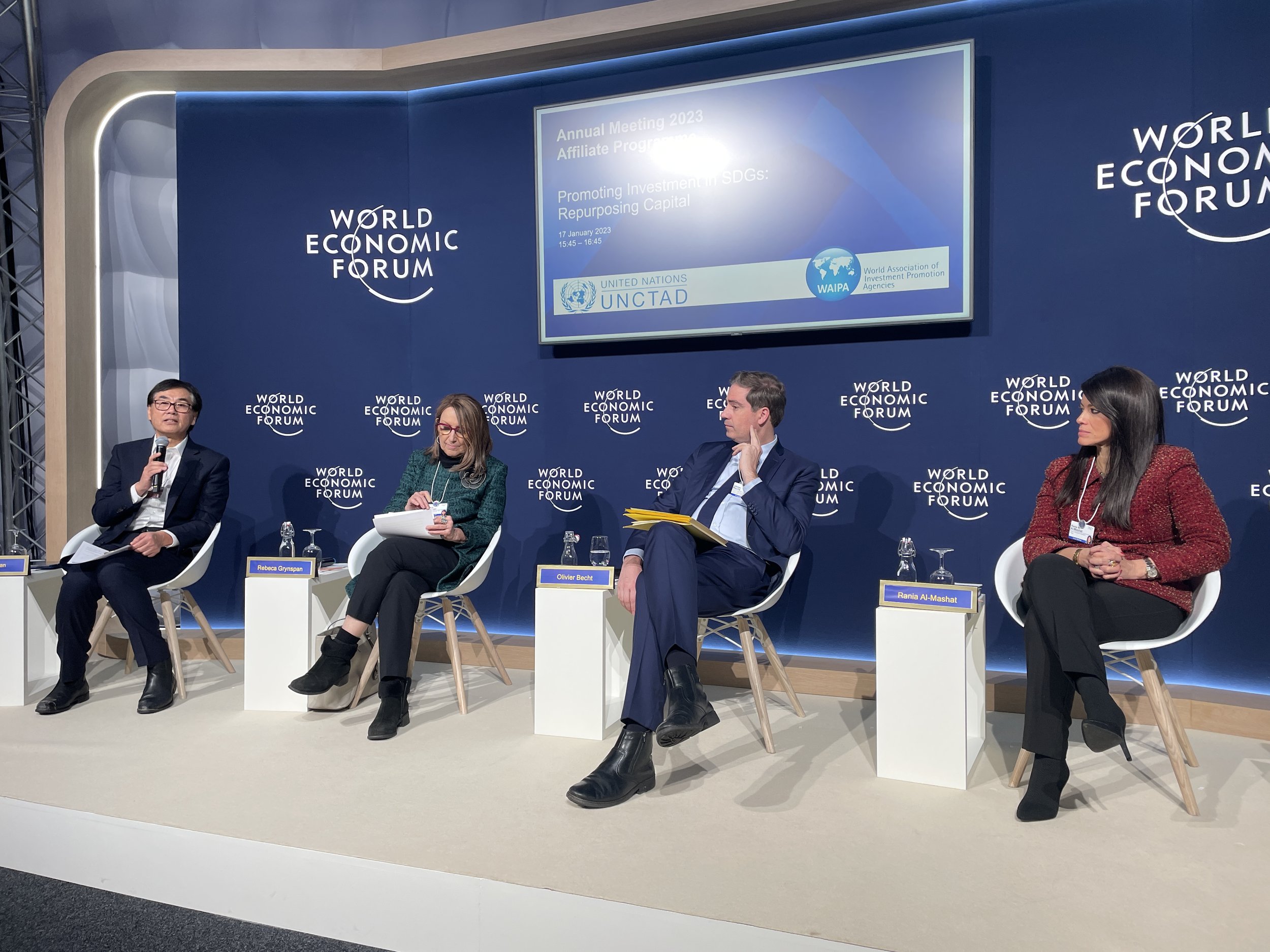
“The World Investment for Development Alliance will create the mechanism to grow and scale collaboration on sustainable investment.”
Read the full article about WIDA, on World Economic Forum website here.
Panel Discussion on Promoting Investment in the SDGs
The panel discussion was moderated by Matthew Stephenson, Head, Investment Policy and Practice at the World Economic Forum, who introduced the speakers:
Speakers focused on the practitioners’ perspective towards ways to help unlock financing for the SDGs, noting that to achieve the SDGs more funds must be channeled into investible projects aligning with specific priority SDGs of countries. Developing such projects, increasing the financial viability of these projects, and focused targeting and rating of projects from an SDG perspective are all urgently needed.
-
Mr Deepak Bagla relayed that WAIPA is creating a portal for all countries to add information for SDG-supportive investment projects. In this way countries can upload information on their investible projects, which are reviewed by a third-party to ensure projects’ sustainability dimensions.
Mr Deepak Bagla, President, WAIPA and Managing Director & CEO, Invest India
-
Mr Ajay Mathur highlighted the need to create a greater degree of transparency between the generation of investible projects on the one hand and the flow of money on the other. The creation of a global digital portal enables such matchmaking. He also noted that larger infrastructure projects are needed, especially in the solar world.
Dr Ajay Mathur, Director General, International Solar Alliance (ISA)
-
Mr Thierry Déau underlined that for the SDGs to be the focus of capital flows, both the government and investors must focus and prioritize. From a government perspective, this requires developing priorities and a focus on delivery, which can then lead to successful long-term outcomes. From an investor perspective, this requires that investors focus on the SDGs and especially measuring their contribution, the approached practiced by Meridiam.
Mr Thierry Déau, Chairman & CEO, Meridiam

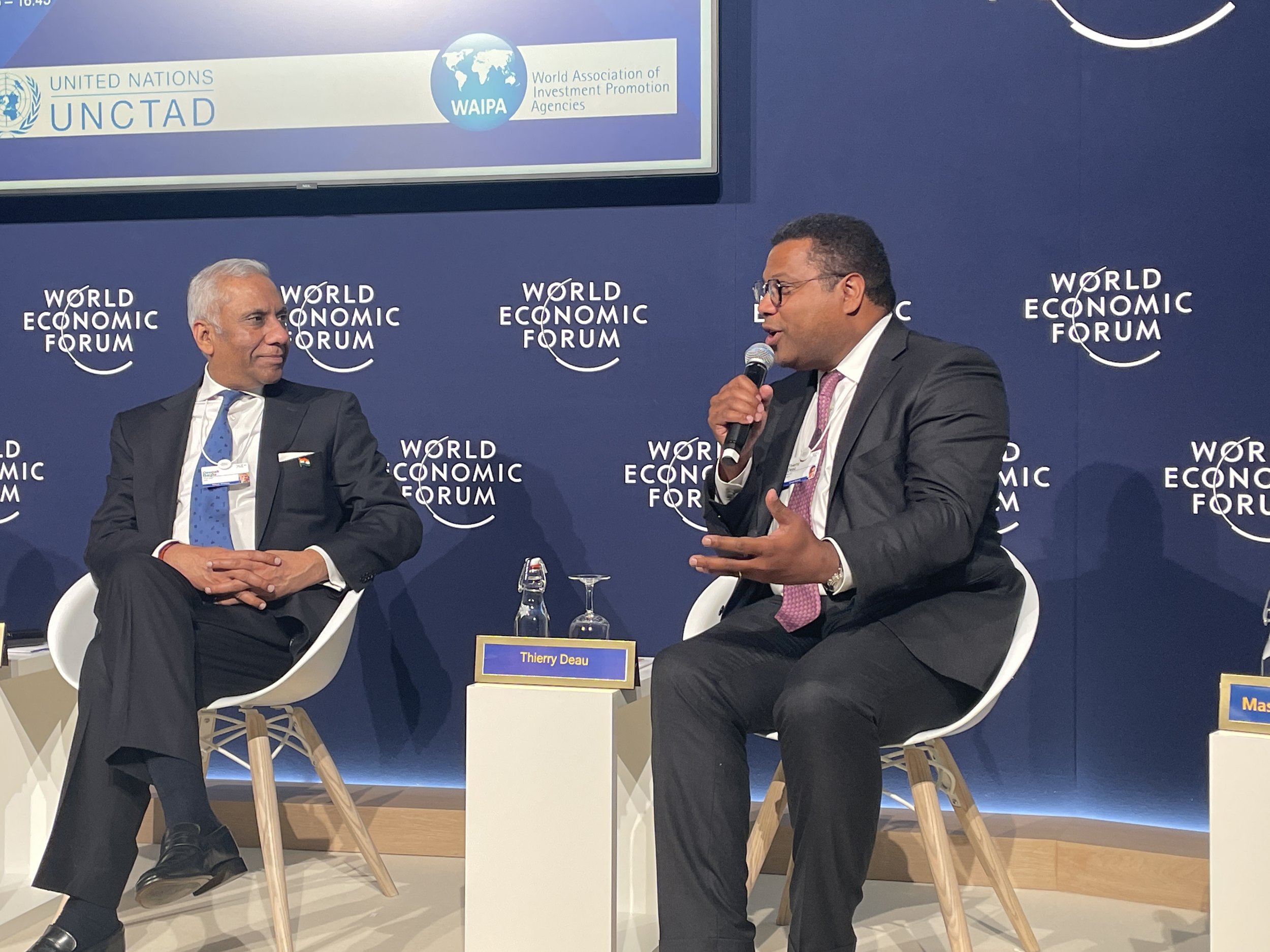
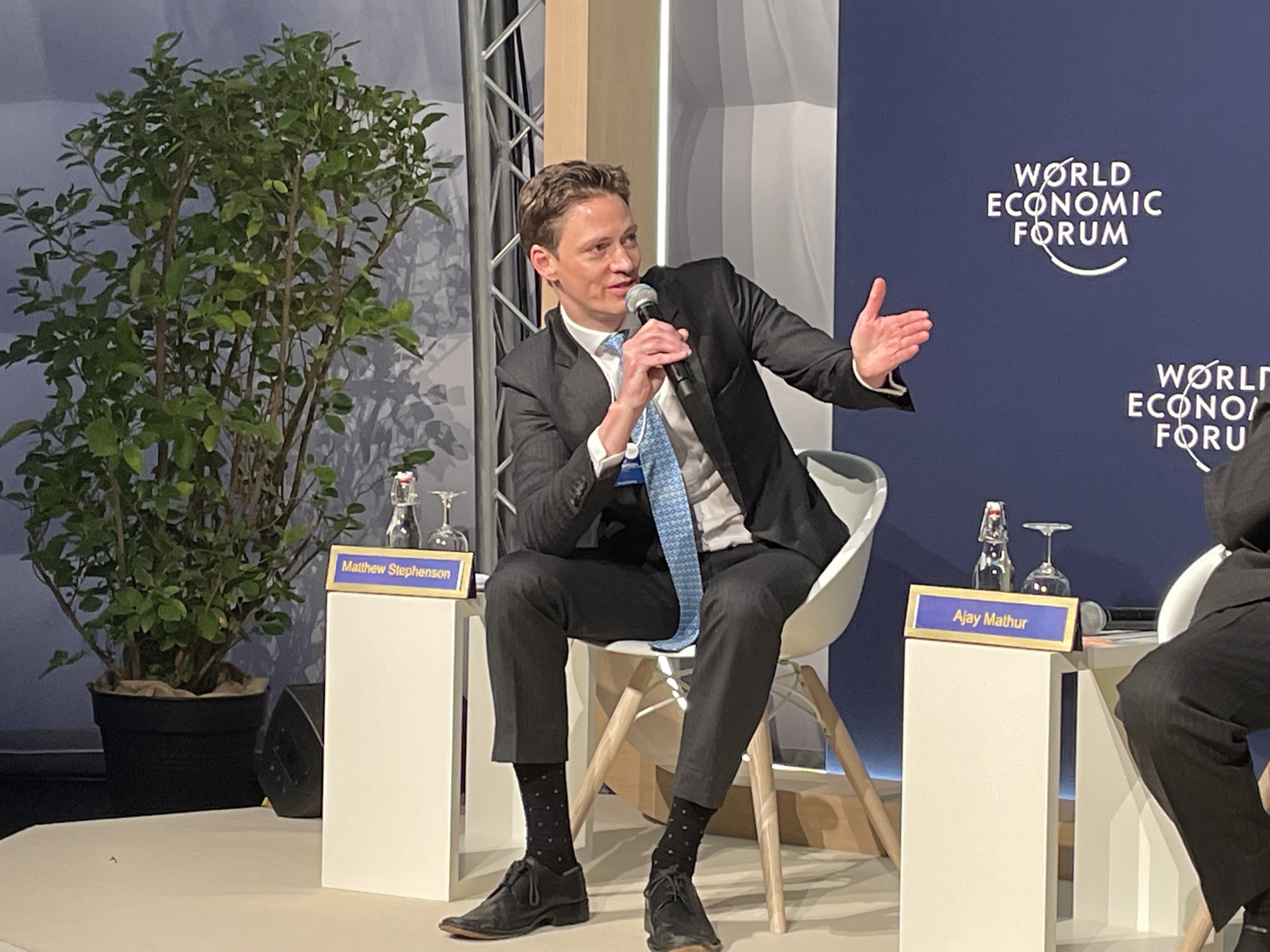
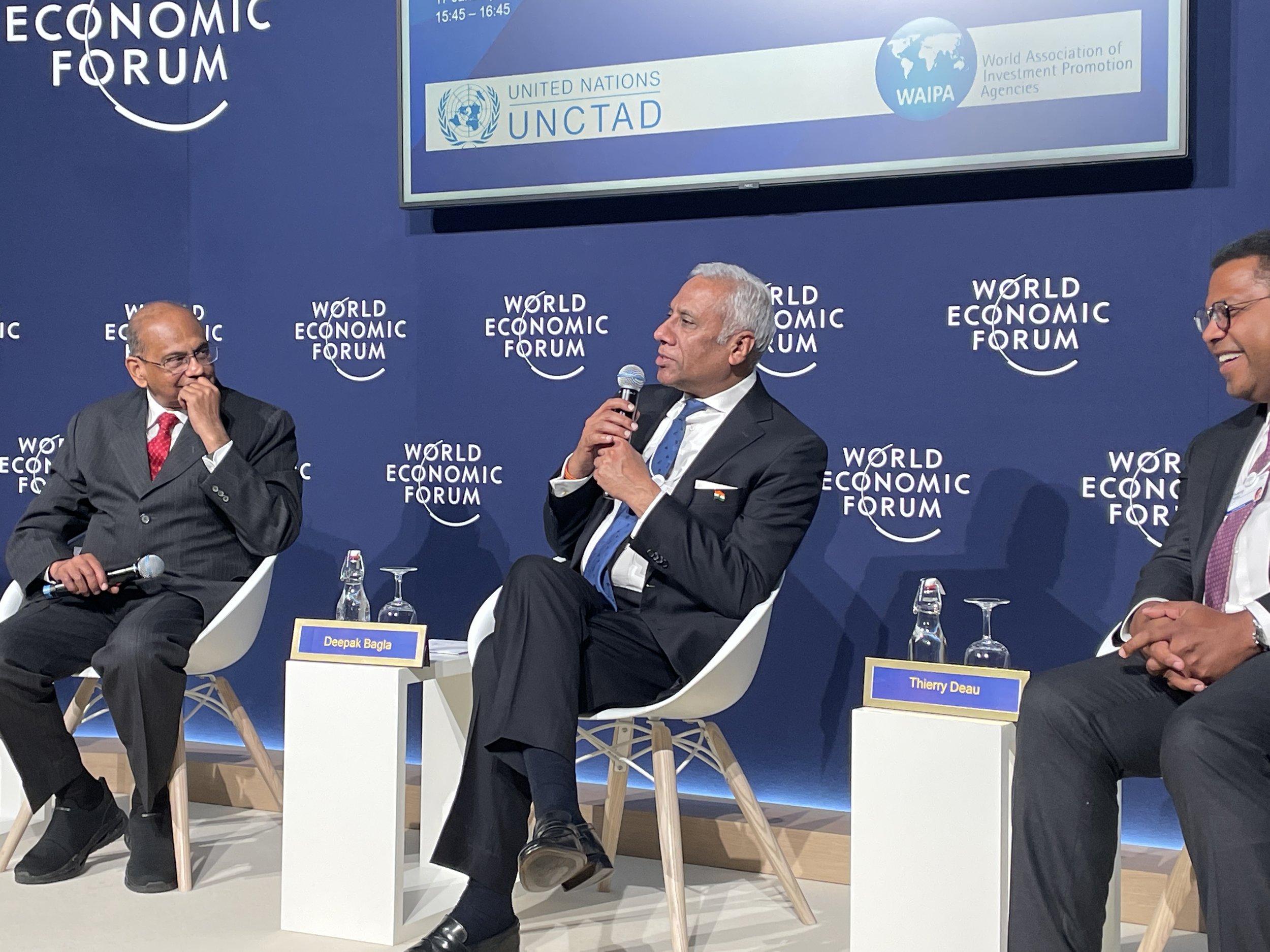
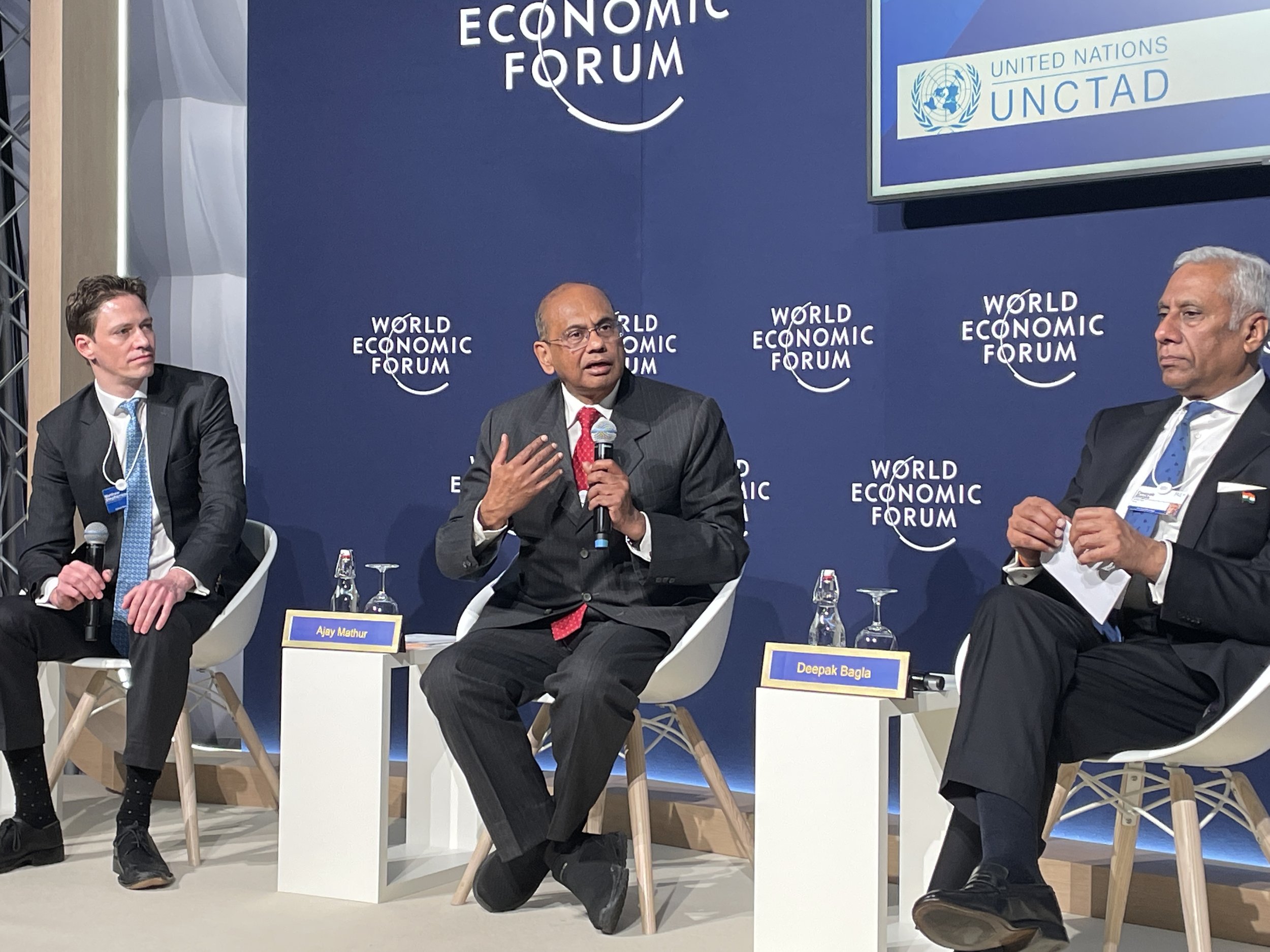
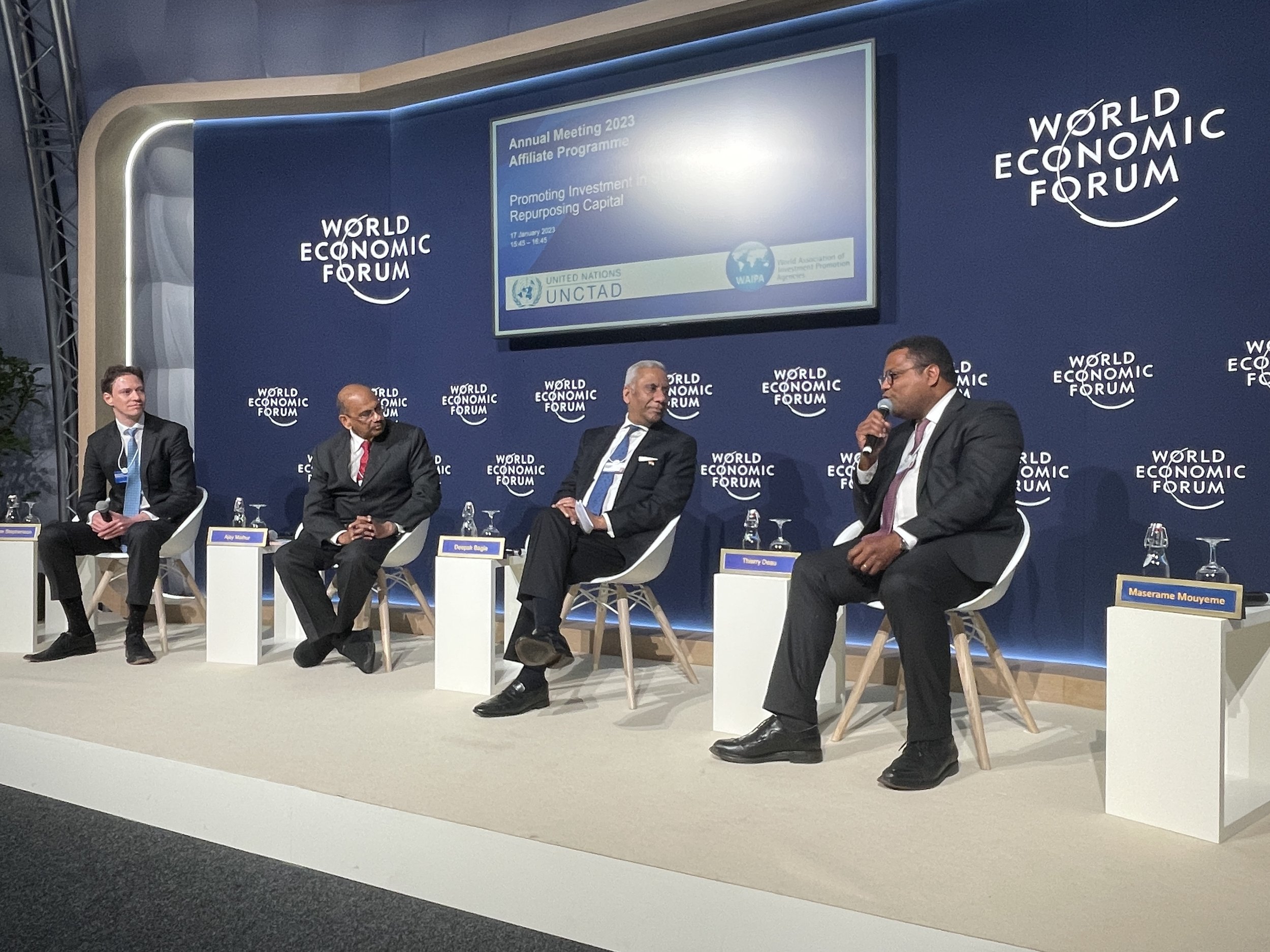
Remarks from World Investment for Development Alliance (WIDA) representatives
In the run-up to the opening of the session, a video with statements by WIDA representatives was streamed, featuring Ari Van Assche (AIB), Suzy Nikièma (IISD), Pamela Coke-Hamilton (ITC), Ana Novic (OECD), James Zhan (UNCTAD and WIDA Chair), Armida Salsiah Alisjahbana (UNESCAP), Gunther Beger (UNIDO), Ismail Ersahin (WAIPA), and Sean Doherty (WEF).
Through short video statements, these representatives provided their perspectives on how to promote investments in the SDGs.
It was noted that countries must be supported on the journey of establishing pipelines of investible projects aligned with the SDGs. Some organizations also highlighted the use of toolkits for governments to support sustainable or quality investments, as well as the importance of encouraging FDI to contribute to gender equality and to climate goals. It was also noted that small firms can play an important role contributing to SDG targets, but to do so they need financing and technical support.
To boost SDG investment, the idea of a Multi-agency Consortium for SDG Investment Solutions was raised, which could especially support small and vulnerable economies to mobilize SDG investment, including into key sectors, to maximize impact.
WIDA was highlighted as an important mechanism to pool the tools and expertise of its members and help deliver a package of “one-stop-shop” SDG-investment solutions.

